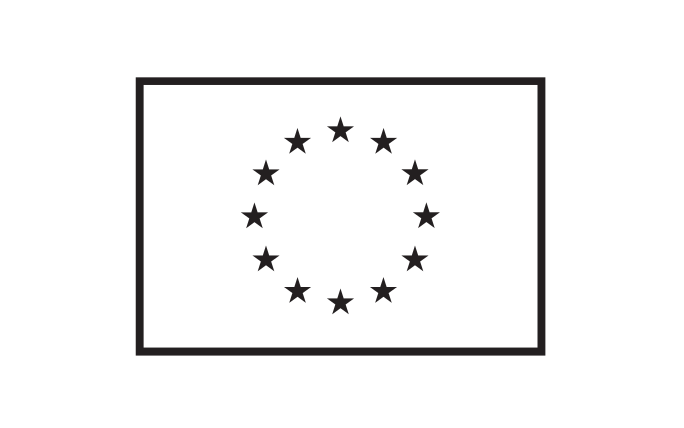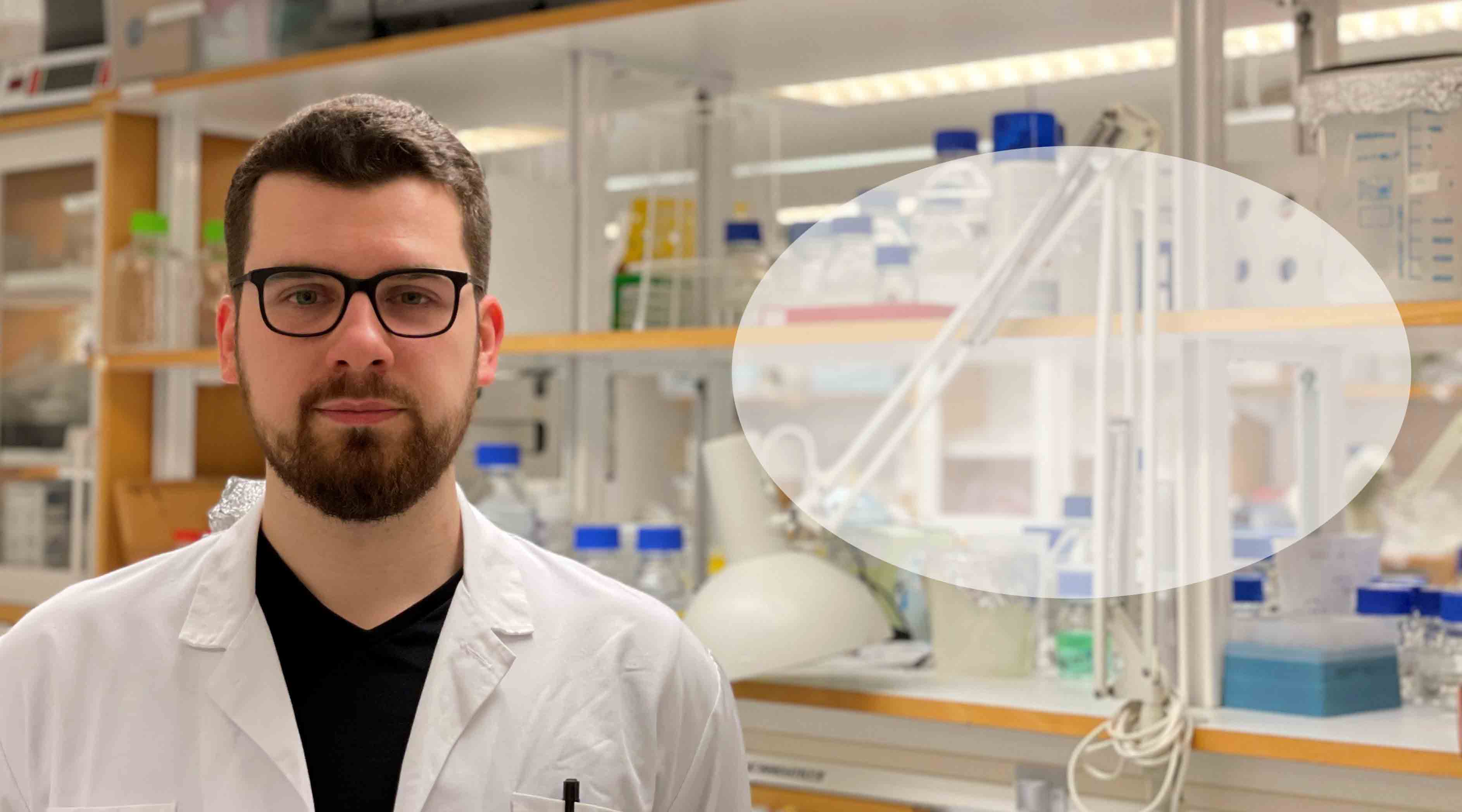Complement is a pivotal part of innate immunity that protects us from bacterial infections. It appears that any bacterial pathogen able to establish infection in human, has developed several strategies to counteract complement attack. These include production of proteases that degrade complement components, molecules that affect recognition and complement initiation by C1q/MBL/ficolins, stability of complement convertases, assembly of membrane attack complex and capturing of human complement inhibitors. In this project we will search for novel complement evasion mechanisms developed by several bacteria such as for example periodontal pathogens also involved in development of rheumatic and cardiovascular diseases, Porphyromonas gingivalis and Filifactor alocis. We will also study Neisseria gonorrhoeae, which is becoming increasingly antibiotic resistant. In our project in search for evasion mechanisms we will use many microbiological methods, protein expression, purification and analyses, protein interactions (Biacore), flow cytometry, complement-specific assays, confocal and STORM super resolution microscopy. Also, advanced methods to search for bacterial genes/proteins responsible for complement inhibition will be used. One method will be transposone mutagenesis of all genes in P. gingivalis and F. alocis which, after further bioinformatic analysis, will lead to identification of complement inhibitors. The other approach will be by phage display of secreted proteins from F. alocis and N. gonorrhoeae, a method established by our collaborators at Utrecht University.

about
faculty members
students
dates
publications
application
news
locations
contact





